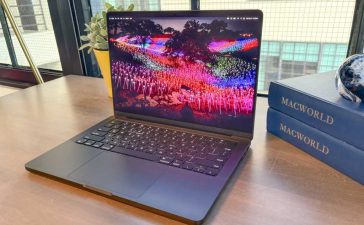Publishers have recently feared the impact that artificial intelligence (AI)-enabled search will have on their advertising revenue.
If Google’s Bard or Microsoft’s Bing can answer a search query without directing a user to an article, publishers’ bottom lines will suffer. And those tools have exploded in popularity, with ChatGPT attracting 1.6 billion visits to its domain in March, per Similarweb data. Bing had 957 million while Bard drew 30.6 million visits.
But many publishers also rely on search traffic to fuel another core component of their business—affiliate marketing.
In recent years, publishers including The New York Times, The Wall Street Journal, Vox Media, Vice Media, Hearst, Condé Nast, Future plc., Dotdash Meredith and others have increased their product-recommendation divisions, which generate revenue when a user clicks through an affiliate link and makes a purchase.
While the impact on affiliate revenue will be less severe than on general search traffic, experts believe that AI-enabled search will increase competition by reducing the surface area of search-results pages, as well as heightening the value of first-party data and creating demand for a new field of SEO expertise.
“Affiliate sits between user intent and user action,” said Troy Young, media analyst and former president of Hearst Media. “If the space between query and SKU gets disrupted, then some of that business gets disrupted.”
The difference between shopping and asking questions
People using search to shop have a fundamentally different goal than those looking to find answers to questions, said J.C. Gombeaud, senior vice president of marketing at Skimlinks.
While an AI-generated answer will satisfy the needs of a query, shoppers rarely make a decision based on one data point. This difference separates the two processes, and it shields affiliate marketing from the upheaval that faces search.
“What we see from the traffic is that people want choice,” Gombeaud said. “There is not one best TV. There is one best TV for their specific set of criteria and taste.”













